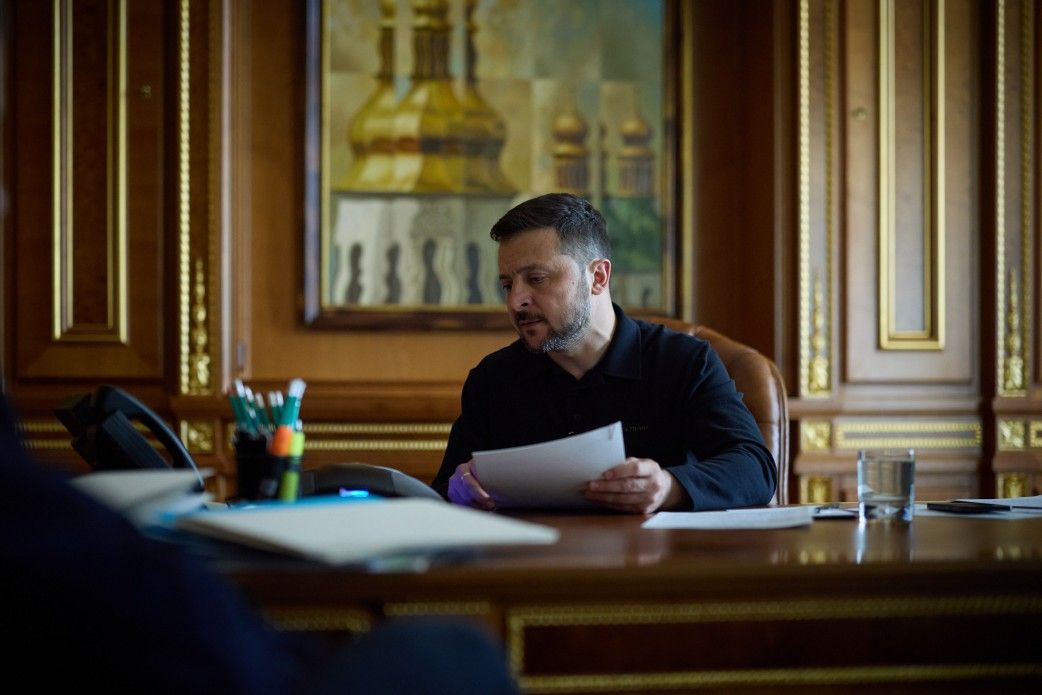UK's Cameron to warn that West has not learned lessons of Ukraine-Russia war

U.K. Foreign Secretary David Cameron is expected to say NATO needs to adopt a harder edge for a tougher world during a speech at the National Cyber Security Centre on May 9.
In his first big-picture policy speech as foreign secretary outside parliament, Cameron is to warn that the West is not learning the lesson of Russia’s full-scale invasion of Ukraine, and that authoritarian adversaries will only be spurred on if western leaders show hesitation or caution, according to the Guardian.
Cameron will stress that there has been insufficient engagement from allies in facing the realities of an increasingly confrontational global landscape, whether through ramping up defense expenditures, confronting Iranian proxy activities, or advocating for women’s rights within the Islamic world.
"We must embrace a more assertive stance in a world that demands resilience. If we take anything away from Putin’s unlawful incursion, it should be the understanding that hesitancy and minimal action only embolden aggressors. Regrettably, I have witnessed numerous instances in my role where this crucial lesson seems to have been disregarded," Cameron will say, according to early released excerpts of his speech.
During his Ukraine visit on May 2, Cameron said "...we must all step up to ensure Ukraine has what it needs to win."
"Through our multi-year military funding, weapons provision and vital support to protect and repair Ukraine’s energy infrastructure, the U.K. is standing with Ukraine." The U.K. has consistently voiced strong support for Ukraine, alongside the U.S. and Germany. The country has pledged 12.5 billion pounds ($15.6 billion) in support to Ukraine since February 2022, of which 7.6 billion pounds ($9.5 billion) is for military assistance.
"We must all step up to ensure Ukraine has what it needs to win," Cameron said. "Through our multi-year military funding, weapons provision and vital support to protect and repair Ukraine’s energy infrastructure, the U.K. is standing with Ukraine."
Cameron will also call upon all NATO members to ensure they are on course to allocate 2% of their GDP to defense by the time of the alliance’s summit in Washington in July. He will emphasize that despite ongoing conflict within our continent, some European nations appear reluctant to prioritize defense spending.
He will stress that the immediate imperative is not only to attain the 2% threshold unanimously agreed upon at the Newport summit in 2014 but also to work towards establishing 2.5% as the new standard. Countries such as Spain, Belgium, and Canada still fall significantly below the 2% target.












